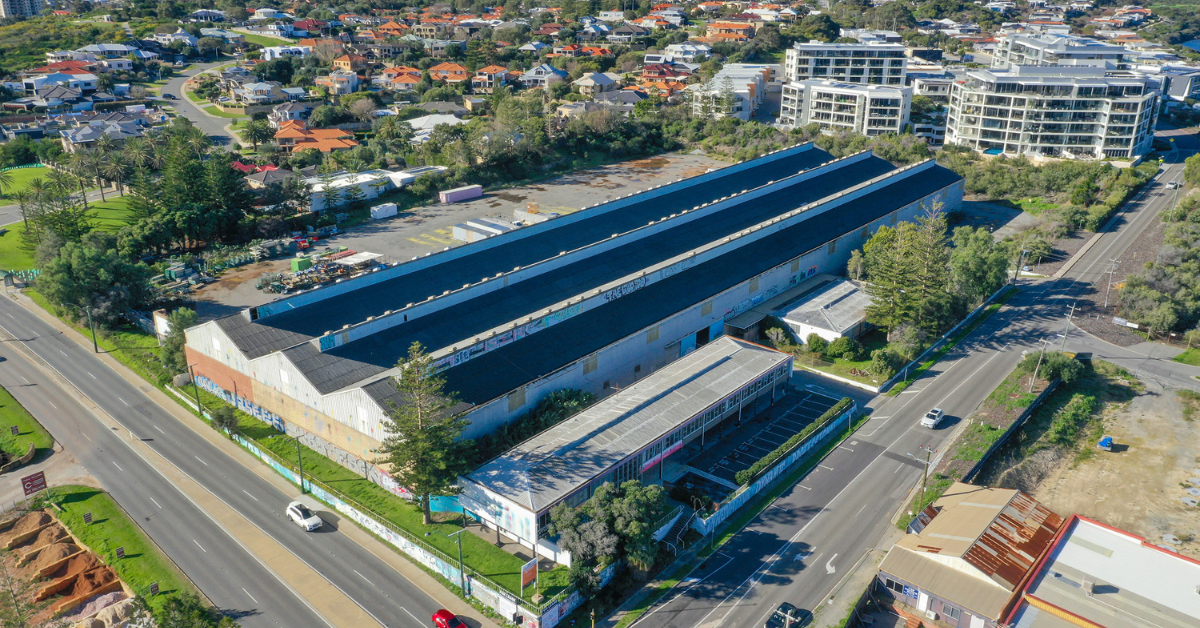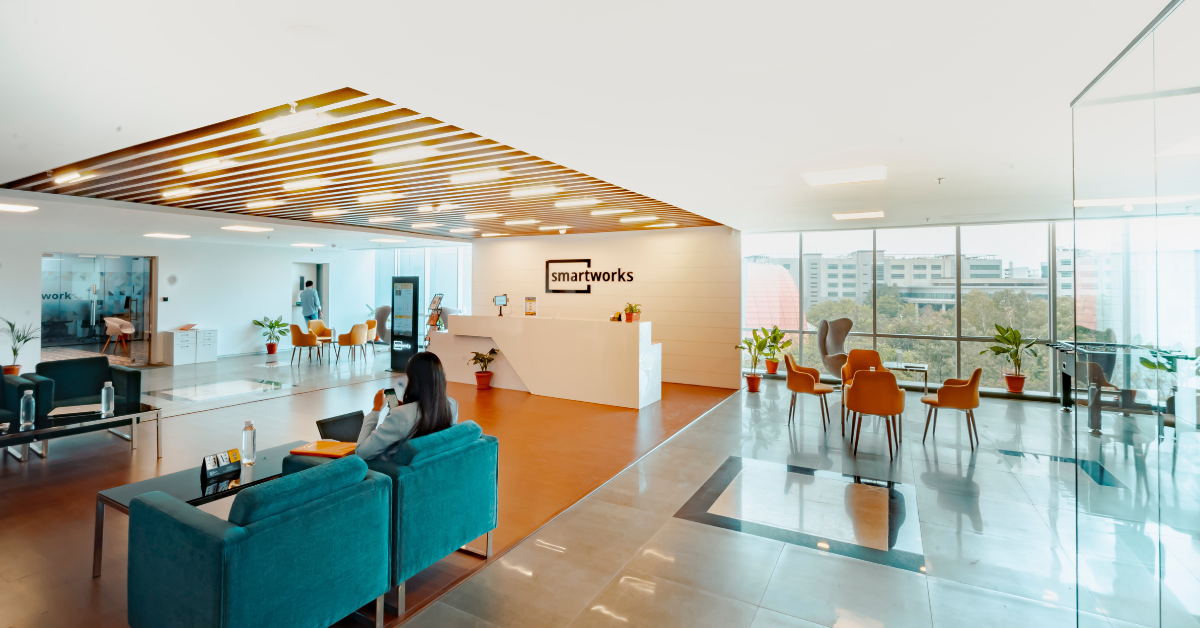WFH Renews the Appeal of Neighbourhood Retail

Retailers struggled through the pandemic’s lockdowns. Cafe, hairdresser, salad bar owners and others were willing-on the populace to reach the target vaccine thresholds so lockdowns would be confined to the past.
While lockdowns are over, battle for retailers has now shifted to the ongoing work from home / flexibility arrangements that have become expectation in most professionals’ employment contracts.
CBD retailers have endured the biggest challenge amongst the FMCG market. But it’s been a different story in the suburbs, as the lockdowns reacquainted WFH employees with their local neighbourhood shopping centre.
Local butchers, florists, bakers, pool shop owners and other small operators in the neighbourhood centres found increased foot traffic through their doors as more people opt to work one, two or three days a week from their home study or kitchen table, according to LJ Hooker Commercial Adelaide’s Fendi Klementou.
“Since Covid we’ve seen a lot more flexibility in working from home which has driven foot traffic numbers to local neighbourhood centres,” said Ms Klementou.
“Work from home has made neighbourhood shopping centres and suburban strip assets a really attractive investment for investors to acquire such properties with stable tenants and strong holding incomes.”

Manoli Nicolas, Senior Sales and Leasing Manager at LJ Hooker Commercial Brisbane said increased patronage in neighbourhood centres and suburban strip retail had encouraged some sub-regional shopping centre tenants to rethink where they should be based, as professionals took the option of working more from home.
“Over the last two years we’ve seen strip retail and local centres be the outperformer in the retail sector with the desire to work from home, local strip centres have largely been fully occupied.”
“With the rise of e-commerce, we’ve seen a substantial amount of regional and sub-regional retail tenants relocate to smaller strip retail centres in order to provide their customers with easier accessibility. Some of these operators have recorded 30-40 percent increases in their online sales in recent year. Having a smaller footprint in a more accessible retail centre – closer to the homes of their customers – has benefited their bottom lines.”
Putting aside the WFH legacy of COVID-19, Tara Imlach of LJ Hooker Commercial Southern Gold Coast said retailers had to be more strategic in their engagement with customers so they benefitted from their commitment to shop space.
“If you’re a retail business and you’re not online, offering your services and not easy to find and your menu links don’t work, you are going to be missing business,” she said.
“We’re finding retail tenants in the industry at the moment that are really bucking the trend are using social media to their advantage and to the fullest.
“I know a lot of us are probably out-aging new generations but video, Reels, YouTube and boosted advertising is really changing the retail industry.”

LJ Hooker Commercial have been helping retail landlords ensure their assets remain relevant and attractive in the post-Covid environment. Conditions have changed physical retail immeasurably over the last decade in both economic and consumer behaviour. According to the last Australian Bureau of Statistics data, online retail spending increased 17.9% year-on-year.
Ms Klementou said: “When leasing a property, research is crucial, so understanding the demographic of the area and acknowledging its surrounding retailers really help to target that appropriate tenant for the particular asset”.
“Targeting a tenant with experience in their field is also very important for the long-term success and longevity of the tenant but also that financial security for the landlord.”
LJ Hooker Commercial Perth Co-Principal Vincent Siciliano said the ability of network specialists to collaborate directly with a landlord’s wider panel of trusted advisers provided convenience and a holistic solution for their clients.
“Many of our management clients have more than one asset and allows us the opportunity to work with their accountants, lawyers, bankers or their finance broker,” said Mr Siciliano. “By building those relationships with external consultants, in addition to our clients, has made us a part of many trusted circles, which ultimately delivers greater outcomes for our clients.”
Notwithstanding the changing face of retail, becoming a retail landlord can be a rewarding investment, according to Ms Imlach.
There are specific differences between investment in retail property as opposed to residential property, she said.
“The difference with commercial property leases is that they’re generally longer than residential, so you’ll find they’re 3-5 years rather than 6-12 months; the yields on commercial property are generally higher as well and lower risk; and the tenant looks after most of your maintenance and they pay outgoings on your property as well.”
If you’re interested in retail property, or want to review your current commercial strategy, reach out to a professional in the LJ Hooker Commercial national network, today.
Share



